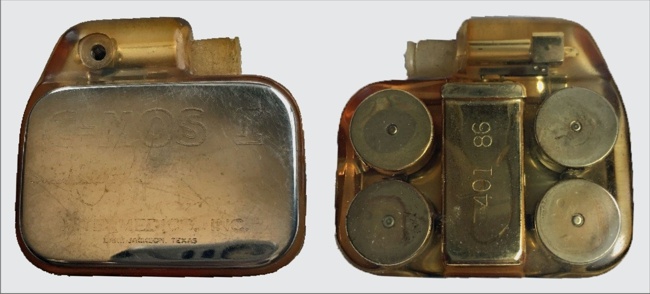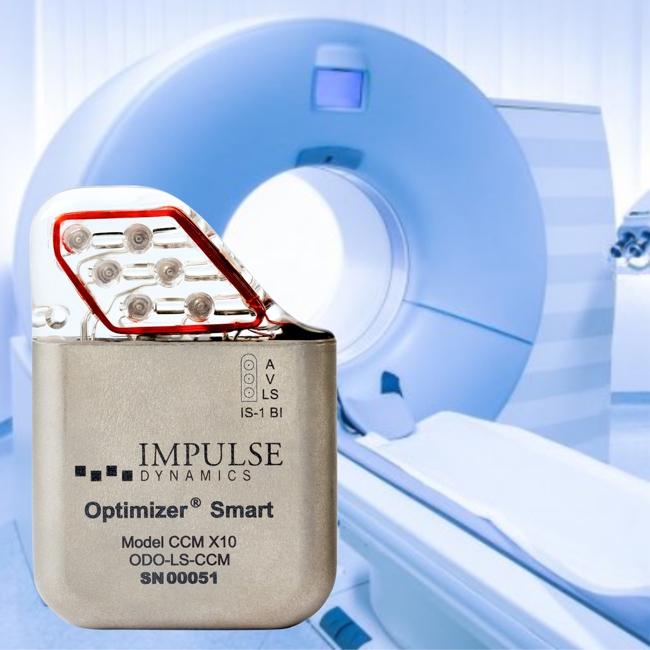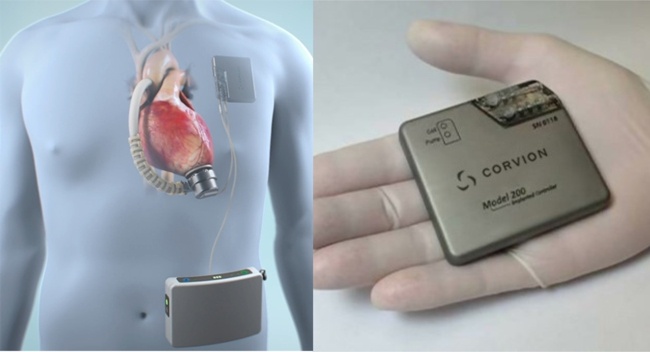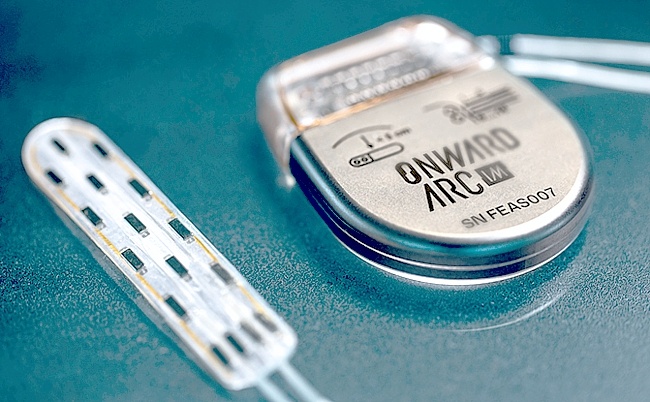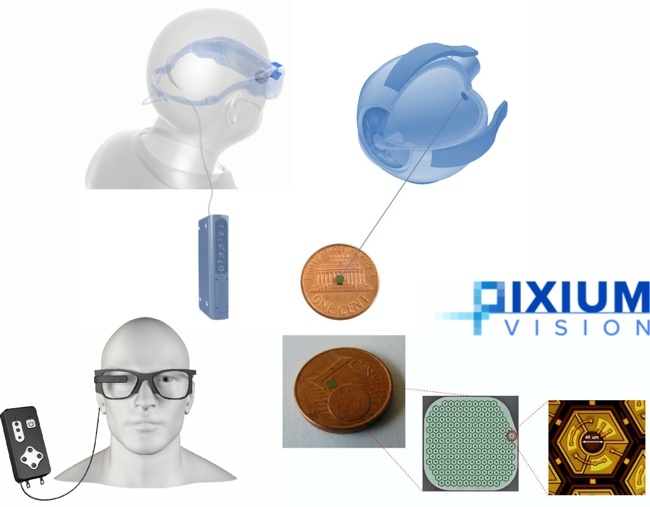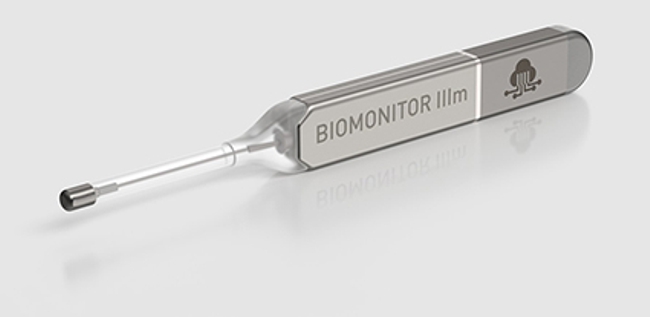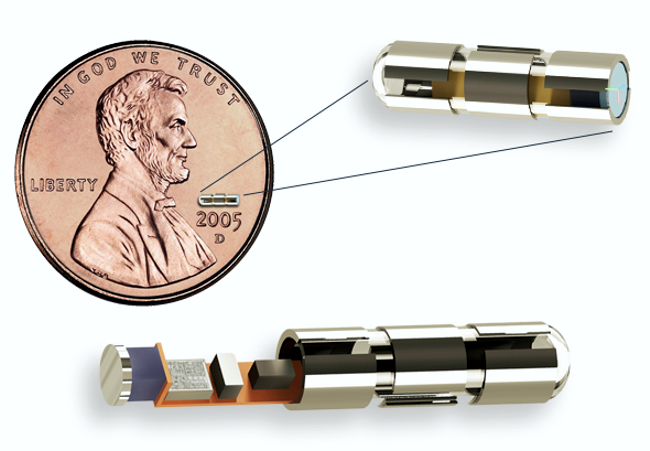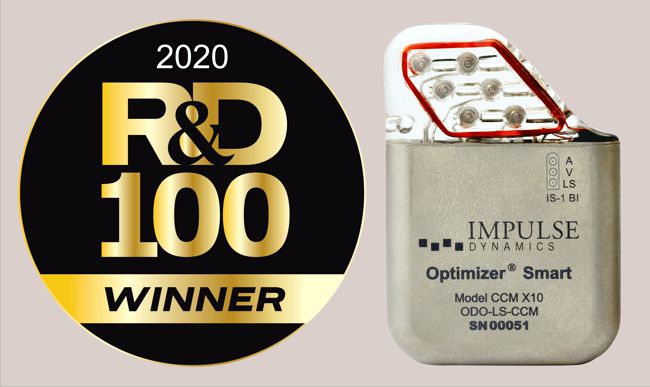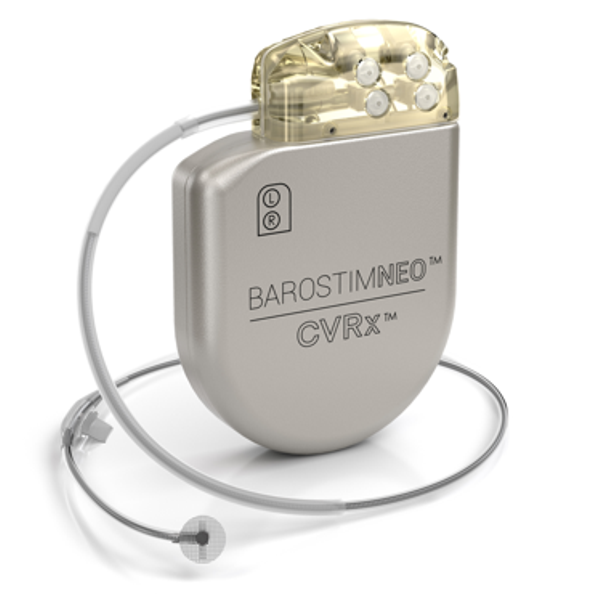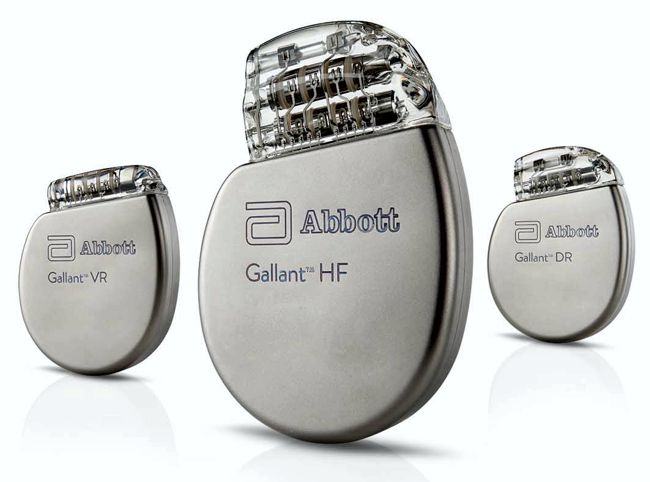
Image Credit: LivaNova
LivaNova and Verily announced that they have enrolled their first patient in a study to evaluate treatment effectiveness for patients living with depression. From the press release:
“The first patient has been enrolled in their collaborative UNCOVER study or “The RECOVER Sub-Study, Which Leverages Quantitative and Credible Research Tools from Verily, Will Provide Assessment Measures for Depressive Episodes.”
…
The UNCOVER sub-study deploys technology-enabled research tools from Verily to evaluate the real-world effectiveness of VNS Therapy as an adjunctive treatment for difficult-to-treat depression (DTD).
…
Participants in the UNCOVER sub-study will use two Verily-developed digital tools – a wearable, multi-sensor device (Verily Study Watch) along with an Android smartphone application (Verily Mood App). The Verily tools measure passive and active data, such as the participant’s pulse rate, activity levels and sleep quality. The Mood App also allows participants to record voice diaries to more accurately assess depressive episodes and their effect on daily living.
…
Quantitative data obtained from these Verily tools will supplement the clinical outcomes collected in the RECOVER study, providing clinicians a more comprehensive view of whether each patient’s depression is improving, staying the same, or worsening.”

